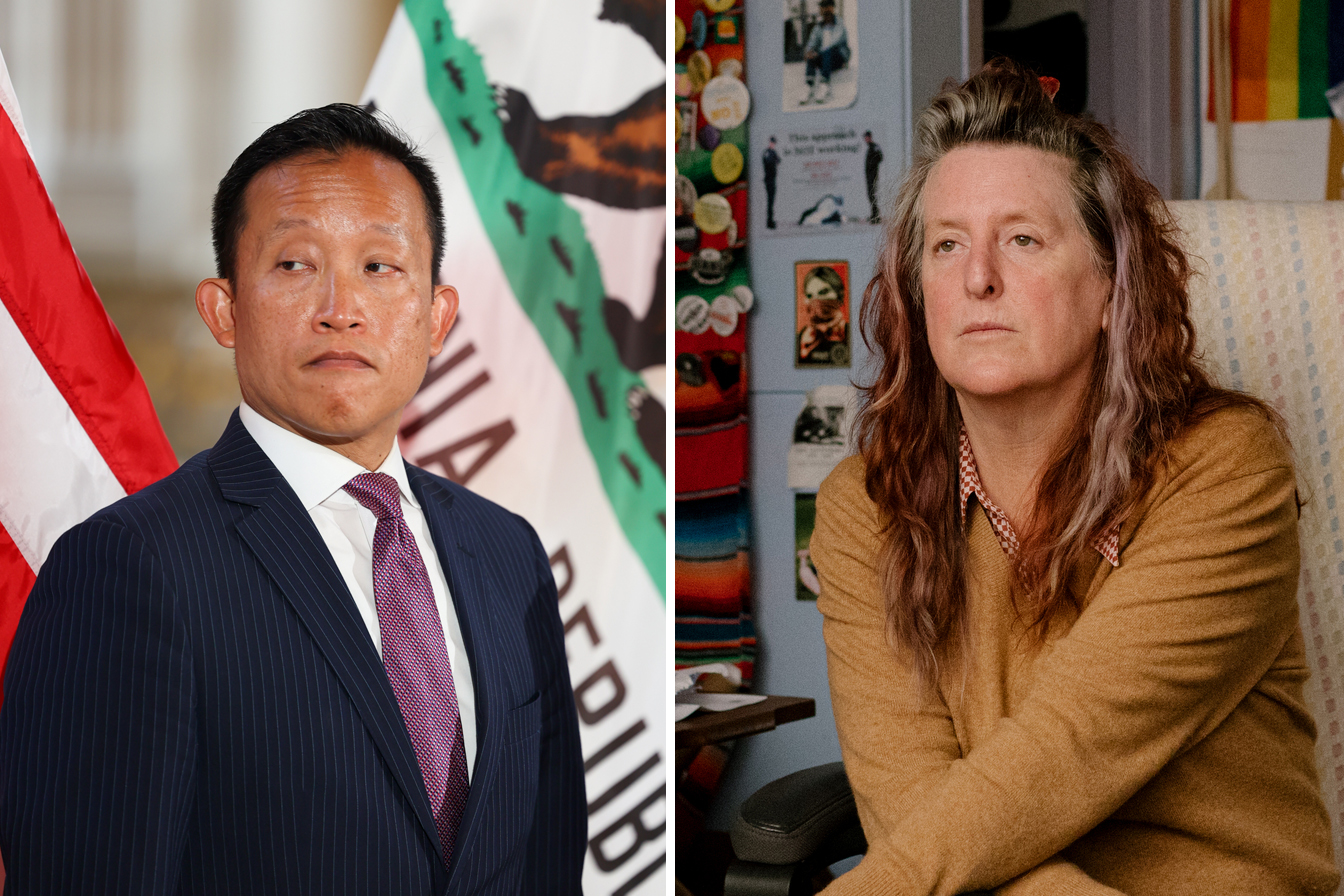San Francisco City Attorney David Chiu is accusing attorneys for a homeless advocacy nonprofit of backtracking on statements they made at a hearing last week acknowledging the city’s ability to enforce anti-camping laws against people who refuse shelter.
Last week, Chiu said the city obtained a concession from an attorney for the Coalition on Homelessness, who acknowledged during an Aug. 23 hearing at the Ninth Circuit Court of Appeals that people who turn down offers of shelter cannot be considered “involuntarily homeless.” The city has asked the federal appellate court to toss out an injunction that temporarily blocked the city from enforcing laws against lodging on the street.
A Ninth Circuit judge suggested the two parties come to a formal agreement on how to clarify aspects of the injunction. Following that hearing, the two legal teams exchanged documents and emails in an effort to come to a joint understanding of how the city could continue enforcing anti-camping laws against people who refuse shelter beds.
By Tuesday morning, however, those discussions had fallen apart. In a press release, Chiu’s office accused its opponents of refusing to codify their earlier statements in writing.
“It is unfortunate and telling that Plaintiffs are unwilling to confirm in writing what they told the Court,” Chiu said in a statement.
According to a legal filing, Deputy City Attorney Wayne Snodgrass proposed five clarifications to the injunction based on statements made at last week’s Ninth Circuit hearing.
Those included stipulations that a person who has access to shelter can’t be considered “involuntarily homeless” and is therefore subject to enforcement of anti-camping laws. The proposal also stipulates that the mere presence of police officers shouldn’t constitute a threat of enforcement.
Joseph Lee, a Latham & Watkins LLP attorney representing the Coalition on Homelessness, countered in an email that the city’s proposal went beyond what the Ninth Circuit suggested and that it misrepresented his statements regarding the presence of police officers. The coalition’s attorneys sent back edits that either deleted or substantially changed the proposed stipulations, according to the legal filing.
Zal Shroff, legal director for the Lawyers’ Committee for Civil Rights of the San Francisco Bay Area, told The Standard the coalition’s attorneys are open to working with the city on issuing a clarification to the ruling. But he said their discussions hit a standstill over what could be considered a threat of enforcement.
“Yes, you can enforce against people who actually have access to shelter,” Shroff said. “But because they didn’t like that we didn’t say yes to everything else they wanted. … They have now filed and said that we are backtracking.”
In December 2022, U.S. Magistrate Judge Donna Ryu issued the preliminary injunction that restricted the city from enforcing specific ordinances that prohibit sitting, lying or sleeping on public property.
The injunction intensified the city’s debate over homelessness, with tensions boiling over during dueling rallies in front of the courthouse last week.
The city has 3,091 shelter beds in its portfolio, while over 4,000 people sleep on the street every night, according to the most recent count. However, some city officials contend the shelter shortage shouldn’t hinder the city’s ability to enforce public lodging laws against people who do have a place to stay.
Shroff said his team plans to file a response to Chiu’s statements in court.
Editor Annie Gaus contributed to this report.
